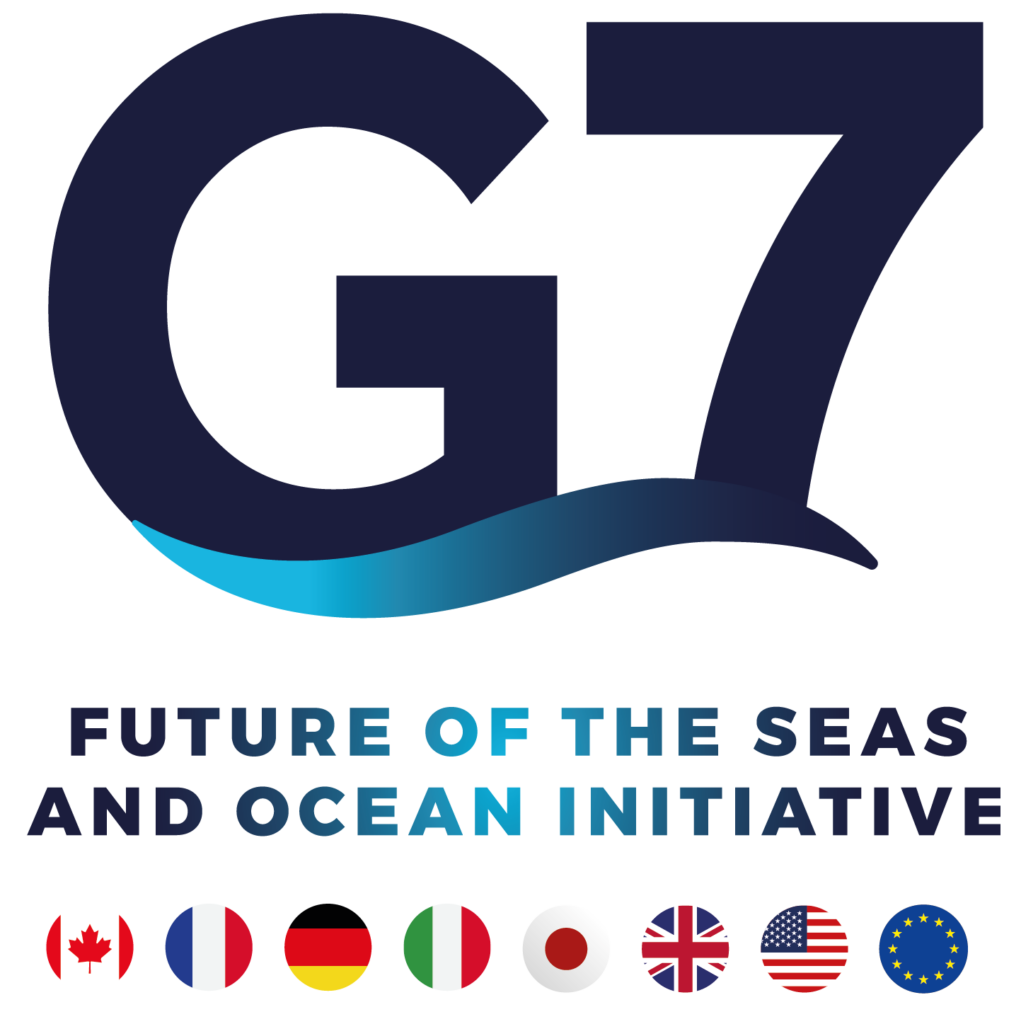The G7 Future of the Seas and Ocean Coordination Centre is a distributed coordination effort to implement the activities of the initiative under the guidance of the G7 FSOI National Focal Points and Working Group.
The EU, which does not host a G7 presidency and thus does not serve the G7 FSOI as Chair or Co-Chair, has agreed to provide the majority of the central coordination services for the Working Group. These are implemented through the EU4OceanObs project hosted by Mercator Ocean International, Toulouse, France.
Other G7 members contribute to the Coordination Centre on an ad hoc basis through the efforts of their National Coordinators, who provide implementation and coordination support for the activities they lead or co-lead and ensure that their countries are represented in the activities led by other members.
The head of the EU Coordination Action for the G7 Future of the Seas and Ocean Initiative is Dr. Maria Hood, Senior Advisor for Strategic Planning and International Collaborations at Mercator Ocean International located in Toulouse, France. This action is funded by the European Union through the EU4OceanObs project implemented by Mercator Ocean International.
